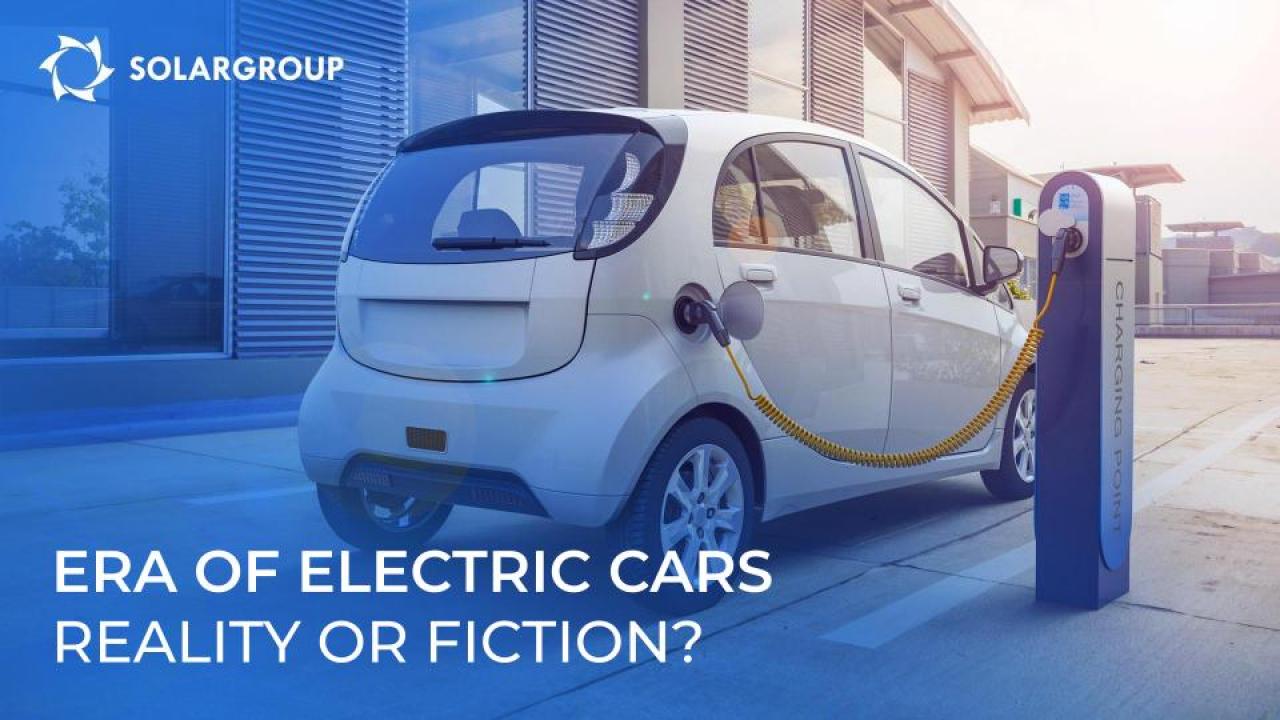
Era of electric cars: reality or fiction?
In 2020, the sales of electric vehicles increased by 43 %, and over the past 5 years — threefold, according to analytical agencies. The experts predict an even faster growth in the future. Will the era of private electric transport come and when?
"Pro" facts and predictions
- In 2018, 2.1 million electrified cars were sold worldwide, including a certain number of plug-in hybrids. This is 64 % more than in 2017 (according to EV Volumes). The share of cars powered exclusively by electric motors is about 1 % of all new cars in the world.
- By 2025, the sales of electric cars will increase to reach 25 million, which is expected to be 20-22 % of all cars (according to Frost3333Sullivan).
- Bloomberg New Energy Finance predicts that by 2030, 31 % of new car sales and 20 % of the global car fleet will be electric.
- Electrified public transport is progressing even faster. Almost half of all buses in the world are projected to be powered by electricity by 2025.
What contributes to this progress?
- Attention to environmental issues. The topic of the greenhouse effect is on everyone's lips. The authorities and society support projects that can improve the planet's ecology. Thanks to the widespread use of electric cars, the air in megacities will become cleaner. The governments of many developed countries are imposing restrictions on the production, purchase and use of cars with petrol engines. Great Britain, Germany, France, Norway, China, India and other countries have announced that they intend to completely ban cars with internal combustion engines in their territory in the next 10-20 years.
- Relatively low cost of maintenance and operation. Charging an electric car is cheaper than feeding a petrol-driven car.
- State support for the industry. In China, the purchase of domestic electric cars is subsidized, and the government also funds the construction of charging stations. No wonder China is the leader in the number of produced and purchased electric vehicles. In Norway, thanks to state support, electric cars are purchased more often than petrol-driven cars. In Russia, at the end of 2020, it was decided to develop a federal law to create a system of measures to promote the use of environmentally friendly transport.
- The world's leading car manufacturers are launching the development and production of electrically driven cars. Tesla is no longer the obvious leader, Chinese companies are catching up. There are also Volkswagen, Nissan, Mercedes-Benz, Hyundai and others: all the automotive industry giants offer their own models of electric cars.
There are factors that hinder the introduction of electric cars.
- Electric cars are expensive. Even with the subsidies, it is not cheap. And the reason is the high cost of batteries. However, the manufacturers are working on it. According to BloombergNEF, in 2010, a battery for a small car with a capacity of 30 kW/h would cost $ 30 thousand. Now the price of comparable batteries has dropped to $ 4.1 thousand due to the expansion of production and cutting costs. The experts believe that in 2023-2025, the cost of batteries will decrease so much that electric cars will cost no more than petrol-driven ones without any subsidies.
- There is a lack of charging stations. However, their number is increasing steadily, especially in China. Demand creates supply.
- Buyers are apprehensive about long charging and a low range. However, recently the batteries have appeared that can provide a charge of more than 300 km of travel in 5 minutes (according to The Guardian).
Progress does not stand still. It seems that the world is at the dawn of the electric cars era. And it is very likely that children born in the 2020s will look at petrol-driven cars like we look at push-button phones now. People believe in this progress, the shares of electric car manufacturers soared in 2020 with good reason.
Those companies that can offer innovative solutions for the field of electric transport are destined to succeed. Dmitriy Duyunov's team managed to create, patent and implement the combined winding technology "Slavyanka" that will enable developing electric motors that are much more superior to their rivals in terms of such parameters as energy efficiency and reliability without increasing the size and cost. The technology is also applicable for traction motors, its effectiveness for electric transport has been proven by many years of operating vehicles. Therefore, the motors with the "Slavyanka" will be in high demand on the market.
By investing in the project "Duyunov's motors" and the "Sovelmash" design and engineering technology department where the motors will be developed, you will support a useful innovative technology and become the owner of shares in a highly promising business!

